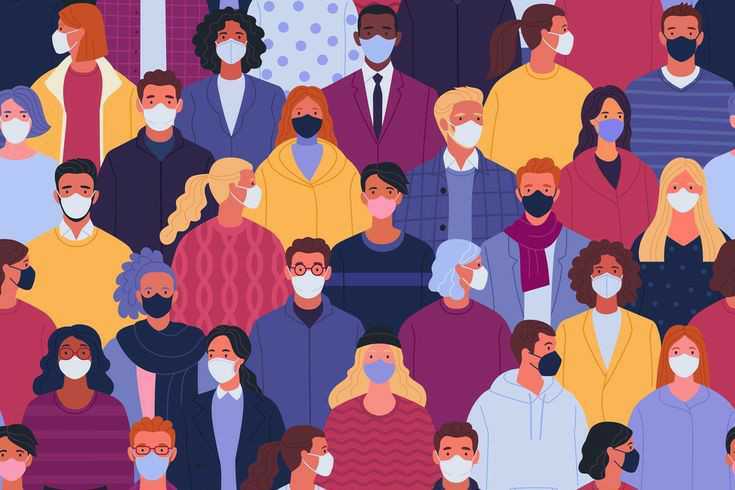The year 2020 posed great imbalances to a fragile global economy which had recently plateaued after the last expansionary cycle. While 2018 marked the peak of substantial recovery after the Great Recession of 2008 and later the Sovereign Debt Crisis, it still did not attain the pre-crisis levels of employment and household wealth. A feeble labor market (especially in Europe) had to soon encounter a full-fledged pandemic, pushing the private sector once again into a deep recession accompanied by record-breaking unemployment levels.
By the end of 2020, approximately 25.7 million US workers remained unemployed from layoffs due to the coronavirus. In May 2020 unemployment in the US exceeded the post-WW2 levels, amounting at 14.7%. The outlook of the labor market in January 2021 appears certainly grim and worrisome, conceiving uncertainty and hopelessness for the unemployed workforce. As more pressing matters are at hand, will governments have the means to dedicate funds and resources in accommodating a soaring labor supply? When push comes to shove, will the public sector make up for private sector layoffs by creating more jobs?
The truth is…
The agendas of world governments stand glutted with mass vaccination, education, public debt collection and climate change conventions. Simply put, unemployment will not be in the spotlight of the collective interest in 2021. While one may expect this year to present unemployment as a paramount target in electoral campaigns around the world, it is far too soon to await any credible and materialized harmonization of demand-supply dynamics.
An exceedingly optimistic outlook would suggest that, if by the end of 2021 at least 70% of the global population is immunized, we could finally achieve herd immunity bidding farewell to the pandemic. Soon thereafter, the world would return to its normal order, prompting workers to resume and reclaim their lost placements… Except, it will not! It will surely take relatively long for the next expansion to compensate for the massive blow the private sector suffered in 2020. The media frenzy to cover all news in the healthcare sector is intensifying conjoint panic in the global population, making consumer confidence dive lower in 2021: as the propensity to spend falls, employment remains stagnant, investments steep lower, and fears of a next Covid19 wave prevail. It will be impossible to reverse the clock back to normality in a narrow time frame.
The bumpy road ahead
At this point prevention and vaccination are keywords of the day, leaving no space for governments to reflect on expanding job offerings and accommodating an impaired labor market. The generous economic relief packages provided by the Western world, specifically €1.8 trillion in the EU and $1.9 trillion in the US, allocate the majority of funds to the coronavirus pandemic crisis and to the battle against climate change. The recent debate between the now-impeached president Trump and the GOP[1] controlled Senate, regarding monthly Covid19 benefits to unemployed US citizens, clashed hopes of obtaining the more generous $2000 relief checks, as the approved bill only offered $600 in direct payments and federal loans to small enterprises.
The juxtaposition of growing public debt and fattening of economic stimuli inhibits proper focus on the labor agenda. Thinning profit margins in the private sector will continue to give way to more layoffs, despite the federal loans extended to the local business. Most importantly, the exorbitant amounts of collected public debt may hinder the prospects of a positive reversal in the next expansionary cycle. To spend or not to spend, that is the question. It appears that unknowingly world governments are compromising with basic MMT theory by spending their way into economic relief. Alas, it is unclear whether this will lead to a nimble betterment of employment after the crisis, or a disaster that will spur depreciation of the strongest money in the world, the dollar.
Anticipation and other virtues
In the era of uncertainty, pandemics and rapid climate change, human labor has become more vulnerable than ever before. While scientists and politicians sought to subdue the endurance of the current crisis in the beginning of 2020, it appears we are already experiencing another global wave of the SARS-CoV-2, with more arduous obstacles to trespass than ever before. Nevertheless, the ascending war against the pandemic has prompted most governments to apply relief checks in solidarity with the unemployed, neglecting a potentially soaring national indebtedness. At the moment, there is nothing we can do as citizens to tame the infection rate, other than urging our relatives and friends to take the Covid19 vaccine and potentially save lives. It is a new year and it demands new resolutions. Let us hope for a great 2021, herd immunity and more job advertisements.
[1] A connotation for the Republican Party in the US, an acronym of “Grand Old Party”
https://www.theguardian.com/business/2020/dec/31/us-unemployment-december-coronavirus
https://edition.cnn.com/business/us-economic-recovery-coronavirus
https://time.com/5929246/uk-coronavirus-third-wave/
https://www.bbc.com/future/article/20210106-nipah-virus-how-bats-could-cause-the-next-pandemic
https://www.bbc.com/news/world-us-canada-55670801
https://ec.europa.eu/info/strategy/recovery-plan-europe_en
https://www.theguardian.com/world/2020/dec/26/tump-us-coronavirus-relief-package-shutdown
